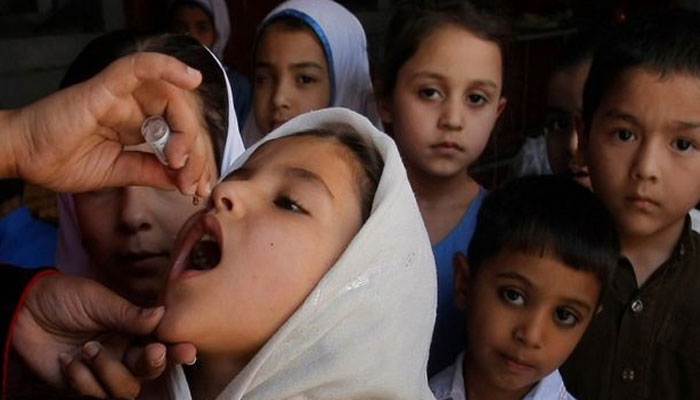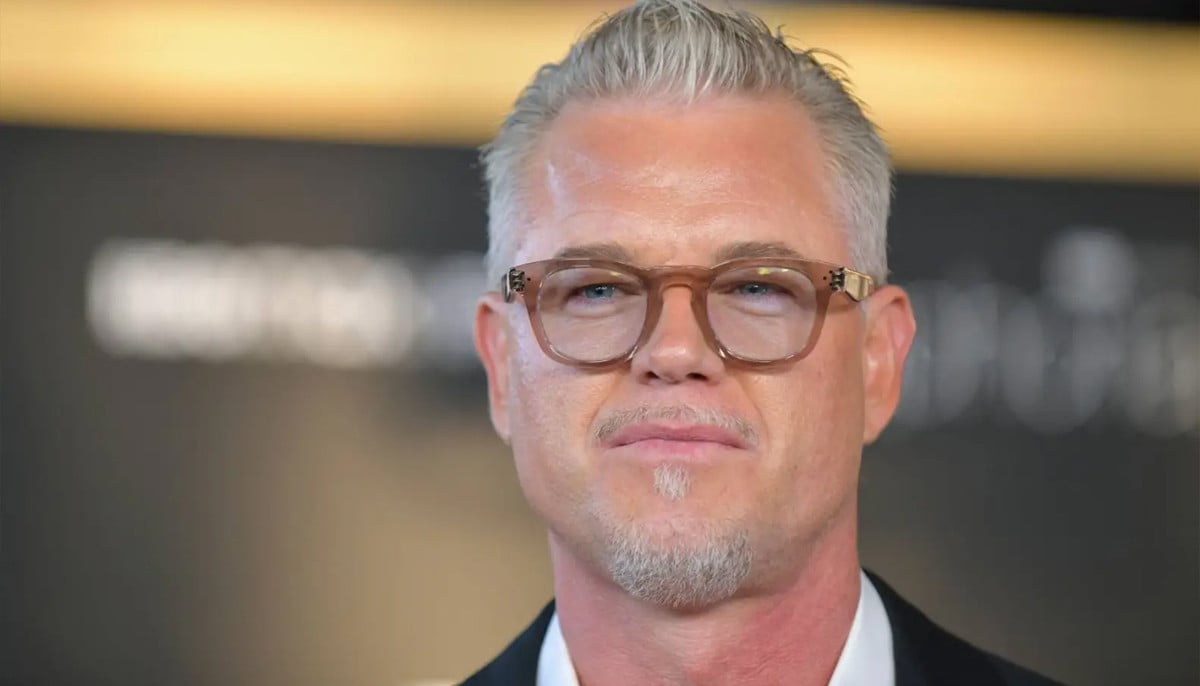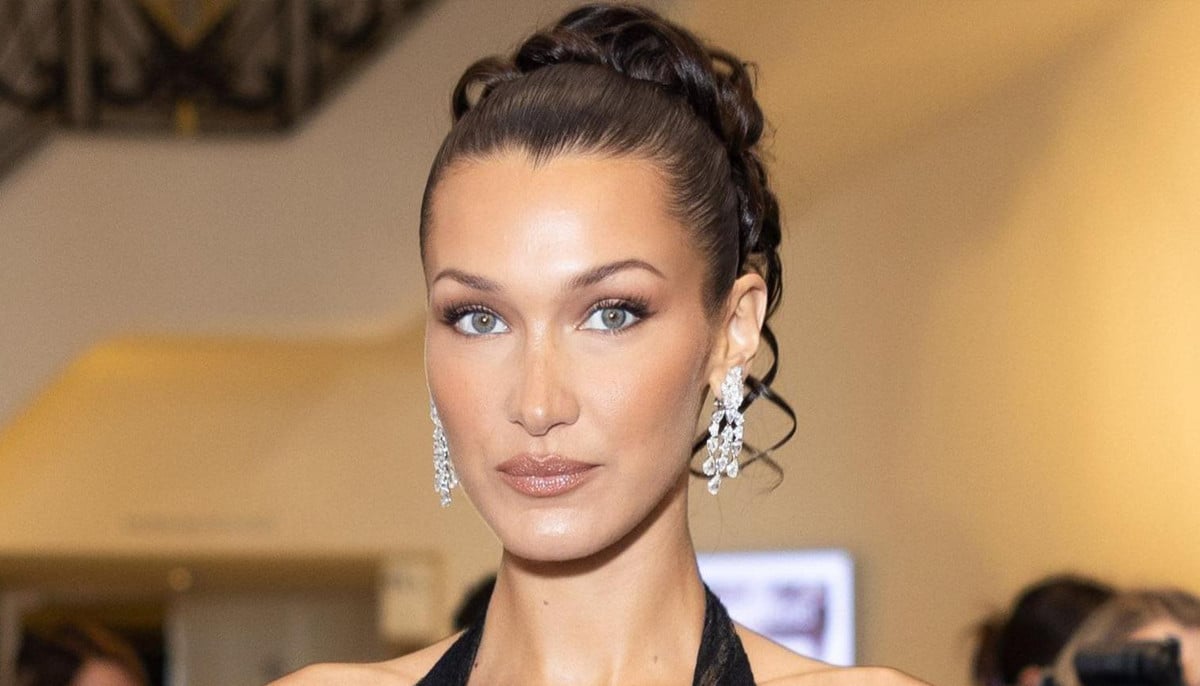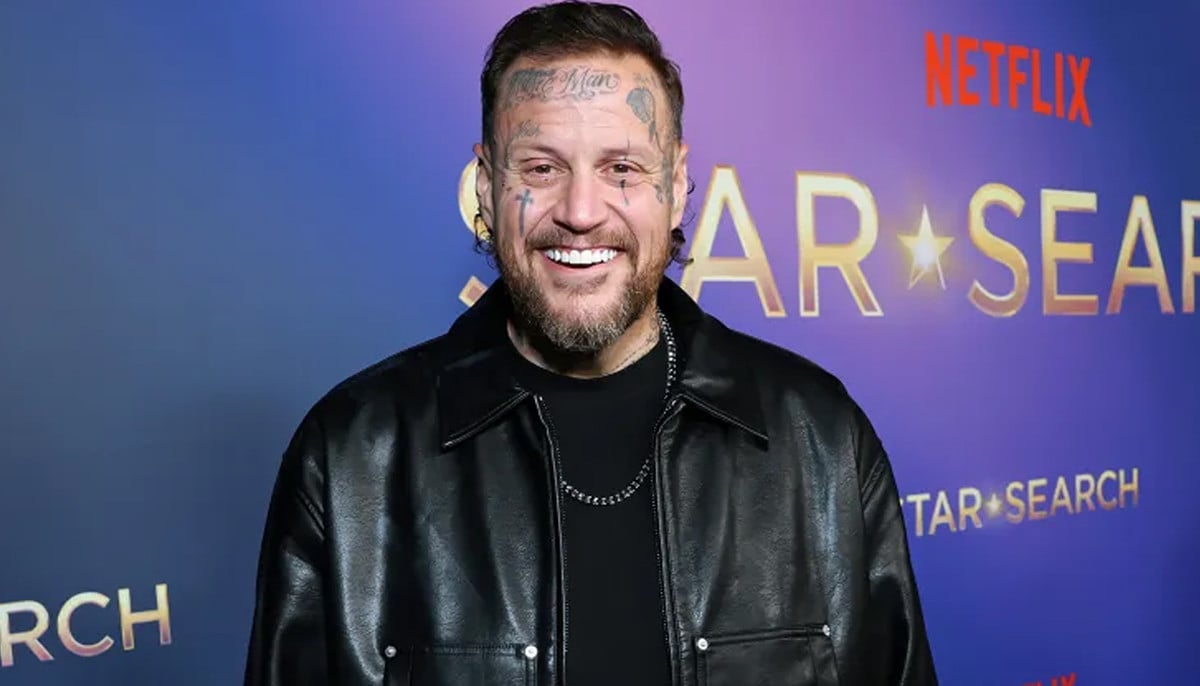Pakistan’s war on polio may – nearly – be won
Now that wild polio cases have disappeared from Nigeria over the past few years, Afghanistan is the only other country yet to eliminate the disease.
As Trump mentioned in his remarks earlier this week in Washington, Pakistani children live in one of the last places in the world still grappling with the threat of polio transmission. Now that wild polio cases have disappeared from Nigeria over the past few years, Afghanistan is the only other country yet to eliminate the disease.
Rolling out immunisation in the country has not been easy. Progress has faced obstacles, from religious hardliners and anti-vaccination propaganda to militant violence. Most of the cases recorded in the last few years have been in tribal borderlands with Afghanistan, where conflict and a porous frontier have hindered vaccination efforts.
Today, a new threat has emerged: parents opposed to vaccinations have been reported giving their children the same mark as that used by health workers to denote an immunised child. Though outwardly unremarkable – it is just a flick of permanent marker on their fingertip – the repercussions are grave, as it causes the vaccination teams to skip over them.
But the fight is being won, and may soon be over. Vaccination campaigns have drastically reduced the number of cases. About 45 have been reported this year; last year there were only eight. This represents huge progress since the national vaccination programme was rolled out just 25 years ago. Back then, the disease paralysed more than 30,000 children.
The statistics are encouraging. In the month of May alone – according to the latest report from the Global Polio Eradication Initiative (GPEI) – more than 1.07 million Pakistani children were vaccinated. 260,000 frontline workers were deployed to help the campaign, including 2,100 social mobilisers. Vaccination efforts were met with a 95 per cent acceptance rate by children and their families. And there has been growing success in immunising children on the move, thanks to the establishment of more than 400 “permanent transit points” – areas for providing vaccinations along district and national borders, bus stops, roads and railway stations.
Together with the Government, the World Health Organization and other international partners such UNICEF, the GPEI looks forward to reach “every last child” with a vaccine. But the financial support of the private sector will be critical to success.
The ALFI Foundation, for instance – set up by investor and philanthropist Alshair Fiyaz – has recently channelled funds to support UNICEF’s work in strengthening surveillance on the disease, and maintaining technical and medical support for prevention.
The G20 countries gave another major boost to the campaign when they met in Japan last month – declaring the “commitment to eradicate polio” in the very near future. In Abu Dhabi, where the GPEI next meets this November, it promises to unveil a roadmap towards “finishing the job”. Let’s hope, for the sake of Pakistan’s children, that it can.
-
Jelly Roll explains living with 'severe depression'
-
Charli XCX reveals ‘confusing’ toll ‘Brat’ popularity took on her
-
Margot Robbie opens up about imposter syndrome ‘crisis’
-
Hailey Bieber reveals how having ovarian cysts is 'never fun'
-
Sir Elton John details struggle with loss of vision: 'I can't see'
-
What we know about Chris Cornell's final hours
-
5 famous celebrities who beat cancer
-
Oprah Winfrey talks about weight-loss 'tool to manage' health












